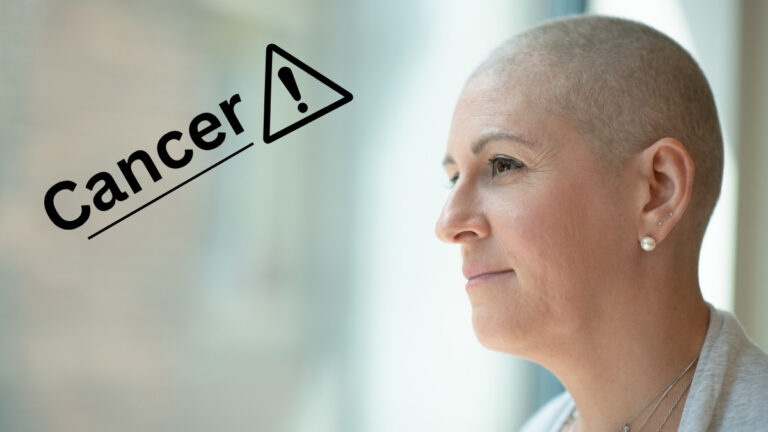Early Puberty (Precocious Puberty): Why It’s on the Rise and How It Affects Final Adult Height
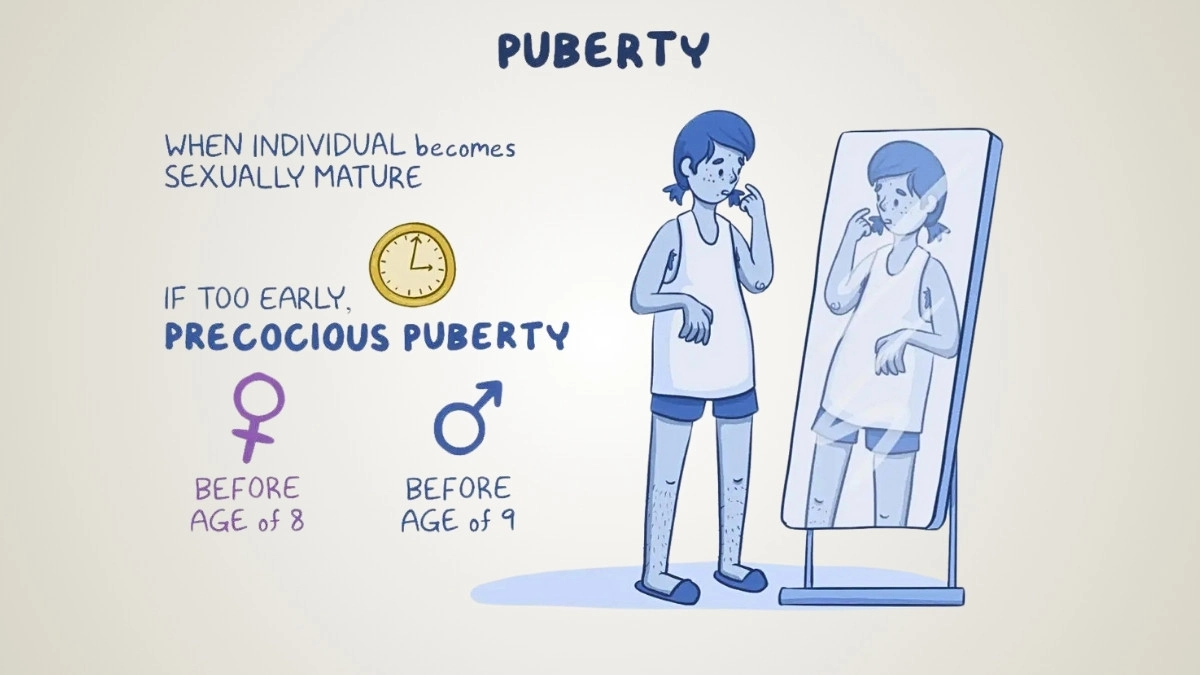
Sarah noticed her 7-year-old daughter developing breast buds—two years earlier than expected. She panicked and called her pediatrician immediately. You’re not alone if this sounds familiar.
More kids start puberty earlier now than 30 years ago. Parents worry about their child’s growth concerns and emotional health. Early puberty affects final adult height and how kids feel about themselves.
This guide shows you why precocious puberty rates are climbing and what you can do about it. You’ll learn when to call your doctor and what treatment options work best. We’ll cover how puberty development affects height and how to support your child through these changes.
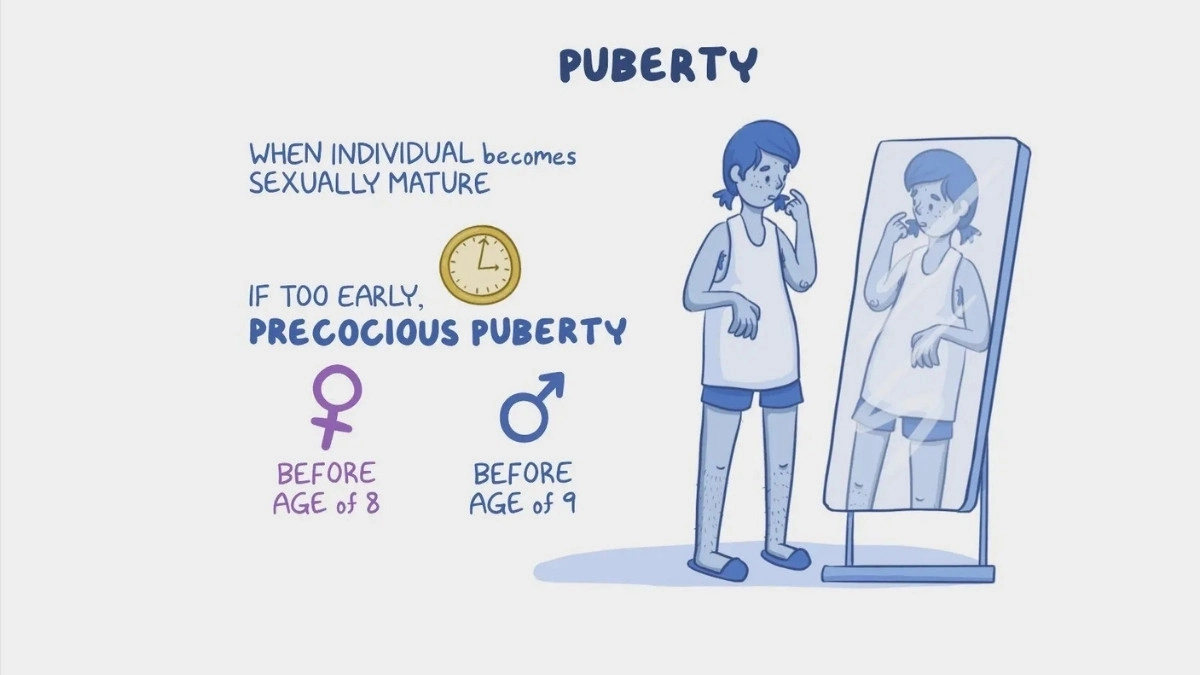
Early action makes the biggest difference. The sooner you spot early puberty signs, the better outcomes your child will have. Both height and emotional health can be protected with the right help.
What Is Early Puberty? Understanding Precocious Puberty
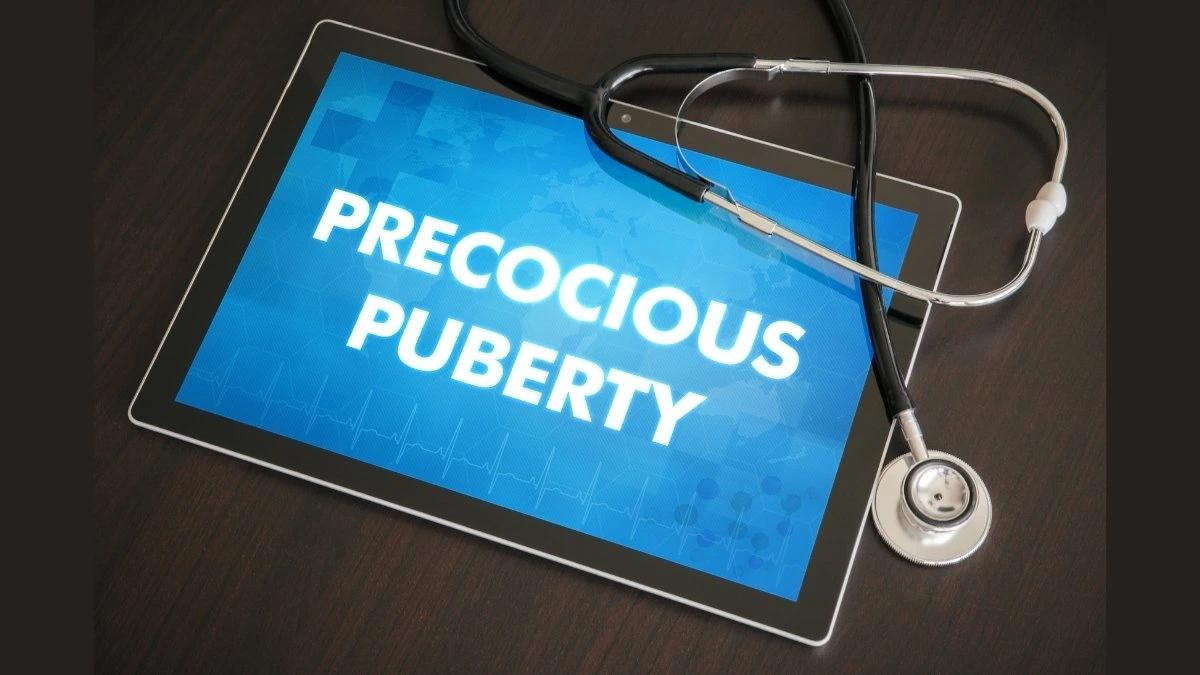
Your 7-year-old daughter starts growing breasts. Your 8-year-old son’s voice cracks. This is early puberty, and it’s happening to more kids than ever before.
Doctors call it precocious puberty. Girls who start before age 8 have it. Boys who start before age 9 have it. The numbers are scary – early puberty affects 1 in 5,000 kids today compared to 1 in 10,000 thirty years ago.
There are two types. Central precocious puberty starts in the brain. The brain sends signals too early. Peripheral starts in other body parts like ovaries or testicles.

Girls show early puberty symptoms first. Breast growth comes before age 8. Body hair appears. Growth spurts happen fast. Boys get deeper voices early. Their muscles grow bigger. Body odor starts young.
Your child feels different from friends. They get teased at school. Some feel embarrassed about their changing body. The emotional pain hurts as much as the physical changes.
Girls get early puberty 10 times more than boys. Hispanic and Black girls start earlier than white girls. The precocious puberty causes include obesity, stress, and chemicals in our environment.
The puberty development stages happen too fast. This affects your child’s final height and emotional health.
Why Early Puberty Is Becoming More Common
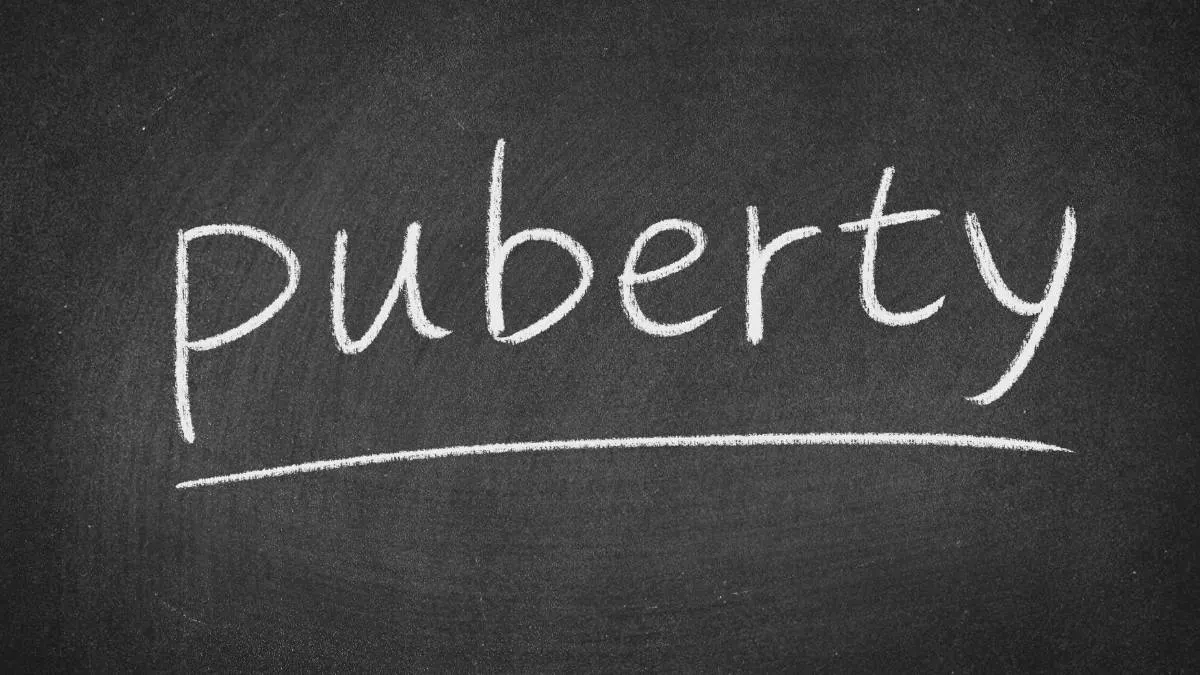
You see more kids starting puberty early. Your friends talk about it at school pickup. The precocious puberty causes are all around us, and they’re getting worse.
Chemicals in plastic bottles and food containers mess with your child’s hormones. BPA and phthalates act like fake estrogen in the body. Studies show kids with high BPA levels start puberty 6 months earlier. These environmental factors puberty triggers hide in toys, food packaging, and even receipts.
Overweight kids start puberty earlier. Fat cells make estrogen. Kids who are 20 pounds overweight have double the risk of early puberty. Fast food and sugary drinks make this worse.
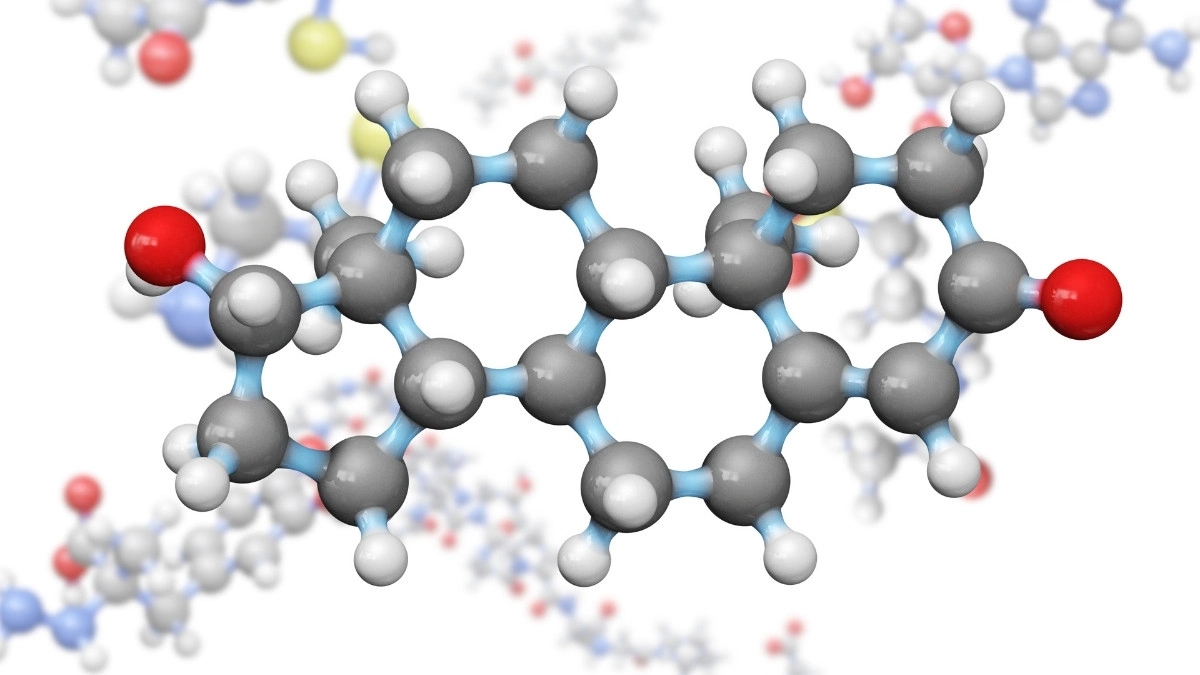
Stress speeds up puberty too. Kids in poor families start earlier. City kids beat rural kids by 8 months on average. Too much screen time disrupts sleep patterns. Bad sleep throws off hormone cycles.
Some families pass down early puberty risk factors through genes. If mom started early, her daughter probably will too. But genes don’t explain why rates tripled in 30 years.
The environment changed. Our kids pay the price.
How Early Puberty Affects Final Adult Height
Your biggest fear is true. Early puberty makes kids shorter as adults. Here’s why and what you can do about it.
Growth plate closure happens too fast when puberty starts early. Think of growth plates as doors that let bones get longer. When puberty hormones flood the body, these doors slam shut. Kids stop growing taller even though they’re still young.
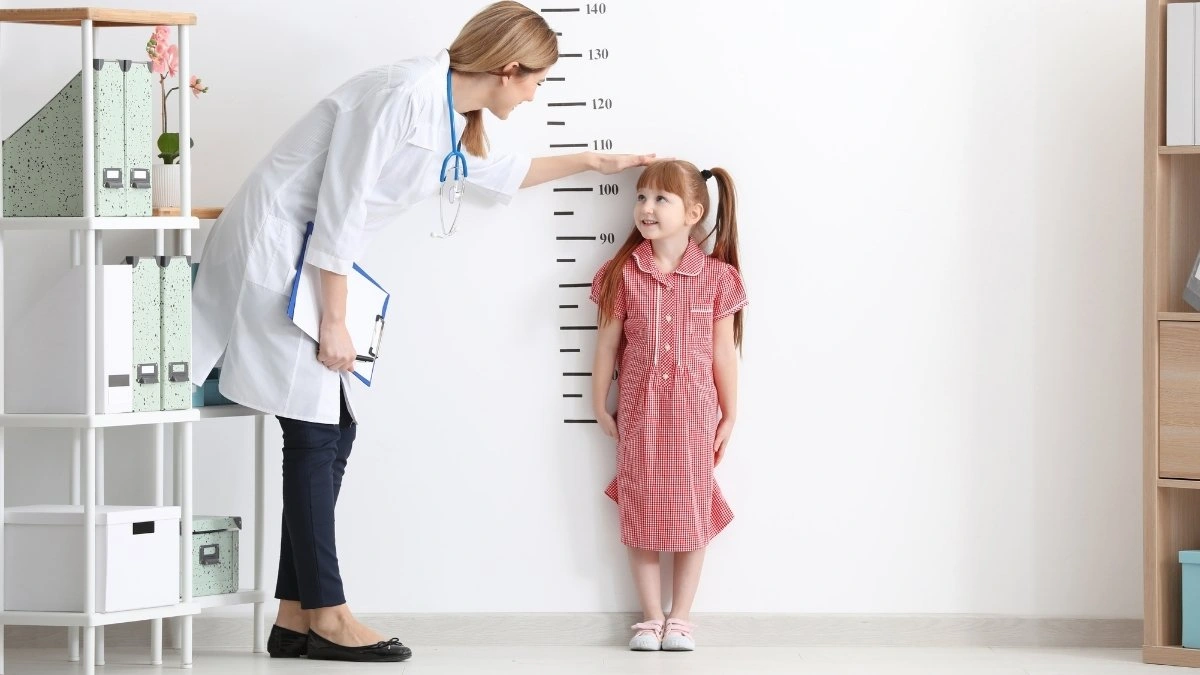
Without treatment, kids lose 2 to 5 inches of adult height prediction. Girls lose more height than boys. The earlier puberty starts, the more height they lose. Some kids lose 7 inches if puberty starts at age 6.
Treatment saves most of that lost height. Hormone-blocking shots keep growth plates open longer. Studies show 85% of treated kids reach their expected adult height. Untreated kids only reach 60% of their height potential.
Doctors use bone age X-rays and parent heights for adult height prediction. But these calculations aren’t perfect. Nutrition, sleep, and overall health affect puberty height development too. Some kids grow more than predicted.
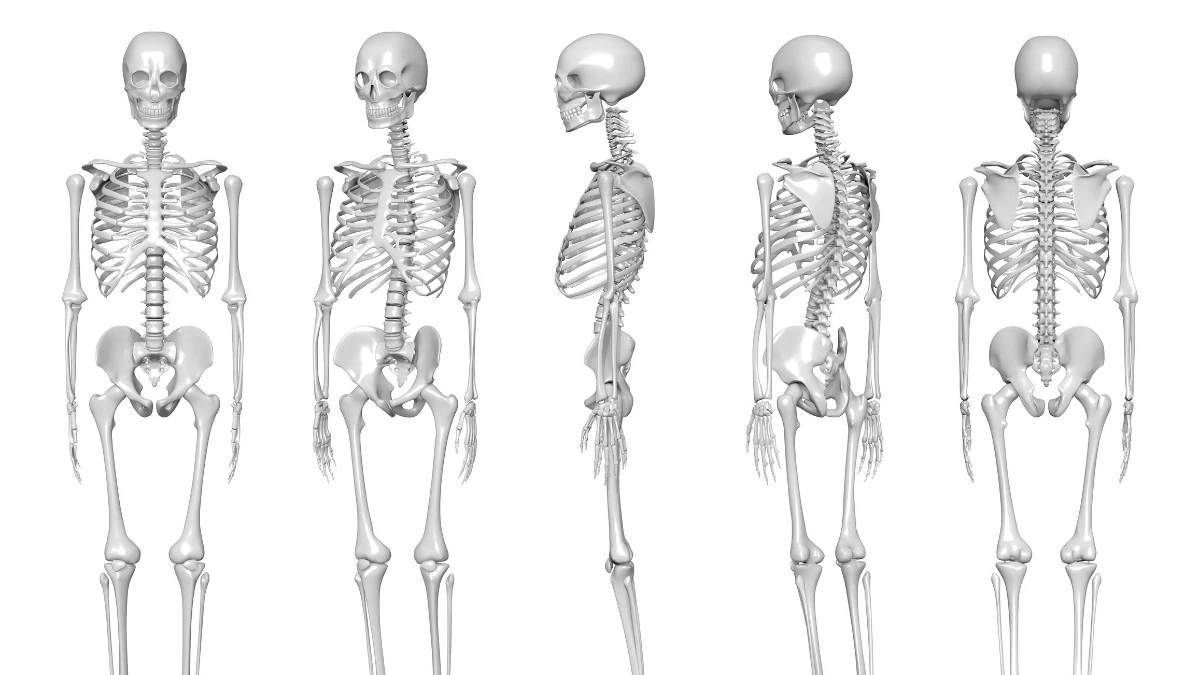
Growth plate closure also affects bone strength later in life. Kids who start puberty very early may have weaker bones as adults. The good news? Treatment helps with this too.
Time matters most. Start treatment within 6 months of first signs for best results.
Recognizing the Signs: When to Seek Medical Help
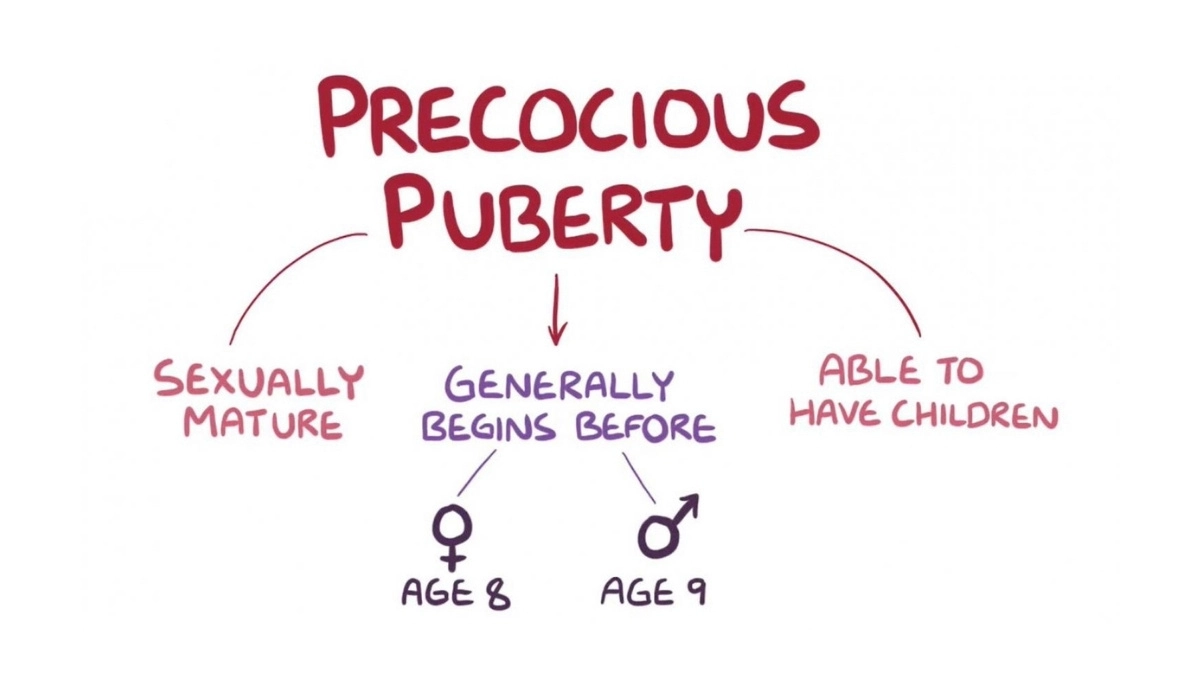
You notice changes but don’t know if they’re normal. Watch for early puberty symptoms before age 8 in girls and age 9 in boys.
Girls: breast buds, body hair, growth spurts over 3 inches per year. Boys: voice changes, facial hair, muscle growth, body odor. Take photos monthly to track changes. Write down dates when you first notice symptoms.

Call your doctor immediately if your child has headaches with vision changes. This could mean a brain tumor causing puberty. Other red flags include rapid mood swings or aggressive behavior.
During the pediatric evaluation, doctors check height and weight growth patterns. They feel for breast tissue and look for body hair. Expect blood tests for hormone levels and a bone age X-ray of the left hand.
Ask your doctor: “How fast is my child growing?” and “Do we need a puberty assessment specialist?”
Treatment Options and What to Expect
Your doctor recommends shots to stop puberty. GnRH agonist therapy blocks the brain signals that start puberty. This precocious puberty medication gives your child’s body time to catch up.
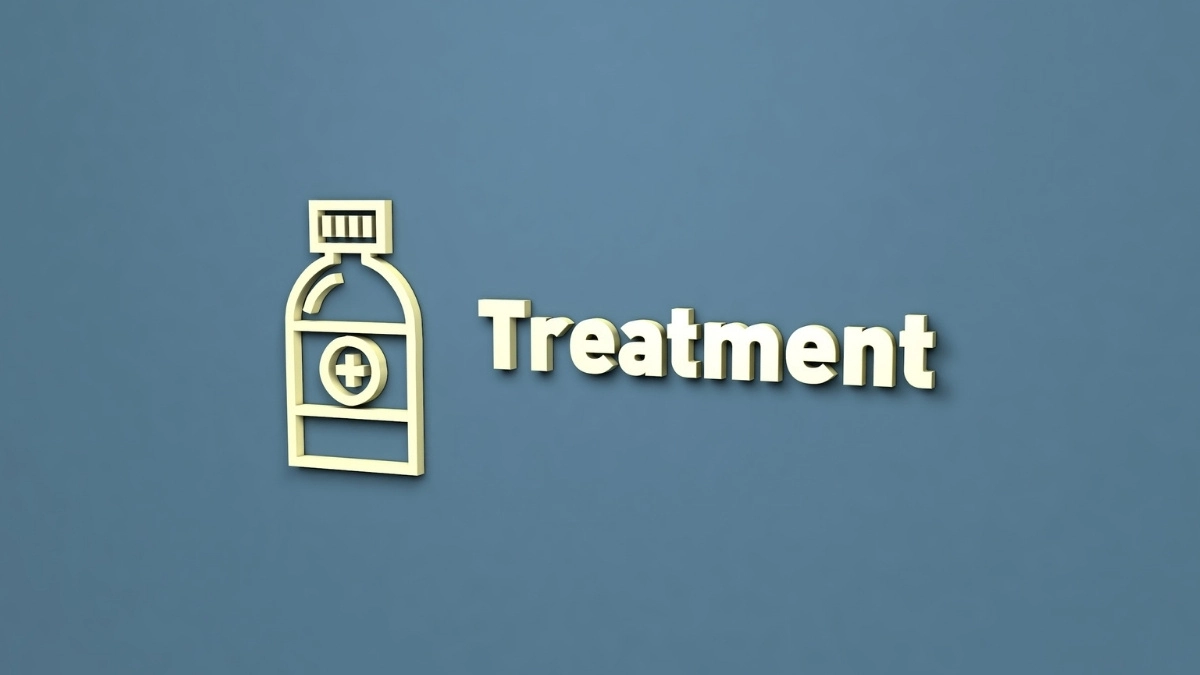
You choose monthly shots or 3-month injections. Monthly shots hurt less but need more doctor visits. Most kids take early puberty treatment for 2 to 4 years until age 11 or 12.
Side effects are mild for most kids. Hot flashes happen sometimes. Mood changes are rare. Some kids get headaches or feel tired. Your doctor checks height and hormone levels every 6 months.
Insurance covers 80% of costs after you meet your deductible. Without insurance, expect $15,000 per year. Some families can’t afford treatment but still see good results with weight loss and stress reduction.
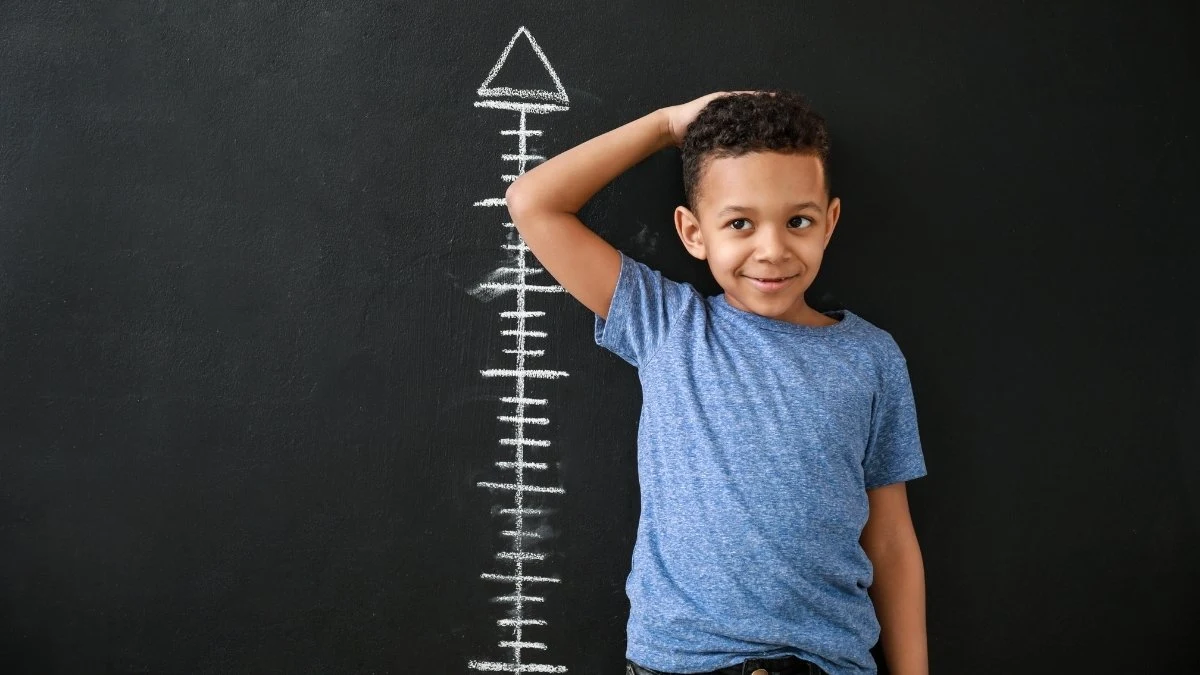
Treatment works 85% of the time. Kids grow taller and feel better about their bodies. Emma started treatment at age 7 and reached 5’6″ instead of the predicted 4’11”.
Prevention Strategies and Lifestyle Factors

You can’t prevent all early puberty, but you can lower the risks. Start with childhood obesity prevention – keep your child at a healthy weight through daily exercise and portion control.
Switch to glass or stainless steel water bottles and food containers. Avoid plastic containers marked with recycling codes 3, 6, and 7. Buy organic milk, meat, and fruits when possible. These simple swaps reduce hormone-disrupting chemicals.
Get your child 9 to 11 hours of sleep each night. Turn off screens 1 hour before bedtime. Dark rooms help the body make proper hormones.

Manage family stress through daily outdoor time and regular family meals. Stressed kids start puberty earlier. Try 30 minutes of walking, bike riding, or playground time every day.
These lifestyle factors puberty changes won’t guarantee early puberty prevention. But they give your child the best chance at normal development. Some kids still need medical help despite perfect habits.
Start these changes today. Your child’s hormone system will thank you later.
Lastly:
Early puberty affects more kids today than ever before. Chemicals, obesity, and stress drive these rising rates. But height loss isn’t permanent – treatment saves most growth potential.

Act fast when you see the signs. Early intervention gives your child the best chance at normal height and emotional health. Your support matters as much as medical care.
If you notice early puberty signs, call your pediatrician within 2-3 months. Quick assessment and treatment make a huge difference in both physical and emotional outcomes. Early puberty awareness and precocious puberty support help kids thrive.

